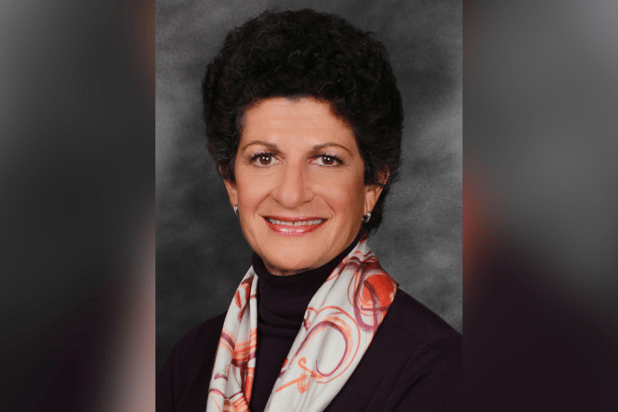

While there is no question that the COVID-19 pandemic caused more than a few economic headaches for all industries, the real estate and hospitality sectors could be thought of as some of the hardest hit. With customers discouraged from unnecessary travel – and with viral transmission a constant risk – it is not difficult to imagine the pressure faced by hotels, bars, restaurants, and the like.
But Alexandra Glickman (pictured), a broker with Gallagher, spoke with Insurance Business to talk about why she relishes facing and helping to solve the challenges of both industries. With 37 years of industry experience, Glickman continues to see every issue as a “puzzle” to be solved – and COVID-19 is no exception.
Can you tell us how you first became involved in the real estate and hospitality insurance space? What do you find especially interesting about these sectors?
Real estate and hospitality has always been a passion. I grew up in a family of real estate developers and owners and I was fascinated by the operational and financial issues at an early age. My best friend’s father was a prominent real estate attorney and I was fortunate to be the ‘fly on the wall” when he and his friends gathered socially and deals were discussed. My best friend followed in her father’s footsteps and I gravitated towards insurance after a very serendipitous RIMS tennis event.
Real estate and hospitality is like 3D checkers: If you understand the ownership, the investors, the asset classes and their unique exposures, it all comes into focus. I love the challenge of learning new issues on a daily basis and solving exposure puzzles.
What are the key responsibilities of your role? Have these changed during the pandemic?
We have no titular titles at Gallagher so on any given day, I will be knee-deep in claims, client advocacy, carrier negotiations, client development, teaching and global growth. The global real estate and hospitality practice is one of Gallagher’s key practices and we work with incredible colleagues around the world to solve our client’s risk management needs. We are keenly aware of the fact that we can’t be geocentric and look only through a U.S. lens, so my role is to engage colleagues around the world.
Gallagher also has incredible resources in reinsurance, wholesale, captives, risk control consulting and more. My role is to know where the talent resides and connect them to colleagues who have clients looking for resources. We are working with a client who has over $8bb in values throughout the country and is exploring the option of launching their own insurance-linked security (ILS) to meet their weather-related catastrophe exposures. It's the true intersection of finance and insurance. That’s what I love most and during COVID, it became crystal clear that more engagement was necessary with our clients and team. Who isn’t burned out? I personally think there’s no substitute for face-to-face interaction.
How have the real estate and hospitality sectors handled the COVID-19 situation? Which new risks have arisen during this period, and how has the insurance industry responded?
COVID has impacted the REH sector in a variety of ways. As an example, the Single-Family Rentals (SFR), logistics/warehousing and multifamily have all boomed during COVID while commercial office, mall retail and hospitality have struggled. We have seen an uptick in vacancies in certain asset classes which the insurance community is trying to manage and in other areas, lower-performing hospitality may be trying to lure transitional housing to make ends meet. The bottom line is that clients should always consult with their brokers before agreeing to any change in occupancy which may impact the asset.
Have general liability insurance policies become more popular during the pandemic? What have brokers done to better serve their clients?
General liability is the oxygen of insurance. Without GL in place, an owner can’t operate and their lender won’t let them open the doors. What has happened and it’s been exacerbated by COVID, is that claims costs are rising and as a result, so are umbrella costs. We are spending a lot of time helping our clients with loss control and data analytics to help them calculate their true loss costs per door /square foot and the appropriate retentions to assume. The smart clients are also considering forming captive insurance companies in an effort to contain costs.
Apart from COVID-19, which upcoming risks should restaurants, hotels, bars, and/or theme parks be wary of? What about the real estate sector?
The real estate sector is huge and each asset class has its own distinct exposures. Hospitality has a pronounced cyber exposure due to the transient nature of its clients while retail suffers from fraudulent slip and falls and other nuisance claims. Assets that are exposed to wind, earthquakes and convective storms need robust loss control protocols in the event of natural disasters and all owners and operators should be aware of ADA exposures and E&O’s from both the financial and operational sides of their portfolios.
